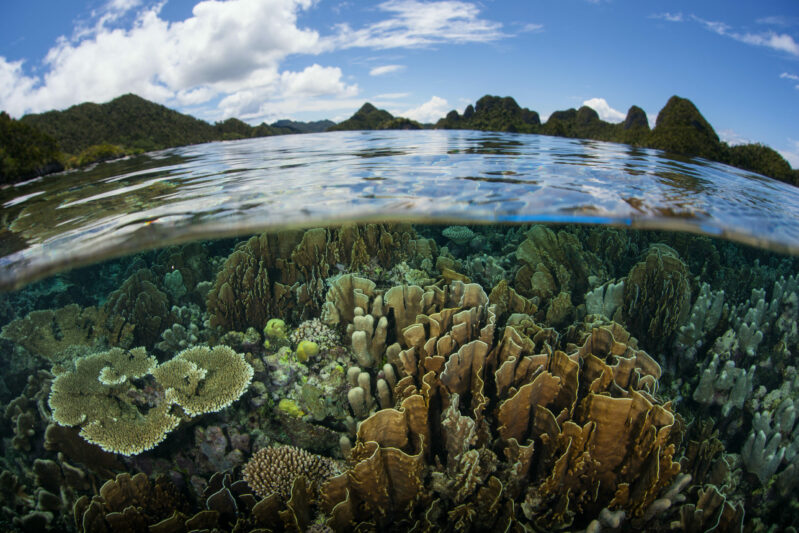
LifeWatch ERIC: the web based hub for biodiversity and ecosystem research connecting science across Europe
The warnings of 15.000 scientists, the United Nations Paris Climate Change Conference (COP21) and now the UN Global Assessment Study clearly demonstrate that humanity is bringing our life support system, the biosphere, to the point of collapse. Counteracting the current loss of biodiversity and the accelerating rate of species extinctions must become our highest-priority, not only for ecological and environmental reasons, but because the ecological collapse of the biosphere is already a major underlying cause of poverty, increasing social inequalities, growing global economic uncertainty, and conflicts over access to crucial natural resources, like clean water, food, air and energy supplies.
The first steps in tackling this crisis must be to improve our current level of knowledge, to move beyond the present fragmentation of science, and to foster greater complementarity and synergy between disciplines, by developing new inter-disciplinary paradigms and starting to build synthetic knowledge, so as to boost innovation and involve more young scientists and civil society.
LifeWatch ERIC is Europe’s first line of response to this emergency, applying and advancing ICT technologies, web networks, interconnecting scientific communities and research centres internationally into its web-based research infrastructure.
LifeWatch ERIC
- provides access to data collected by science at a global level and offers ICT services, tools, computational power and storage capacity to transform information into new knowledge;
- connects and brings together physical observatories, research centres and scientific communities into a single web space accessible to all; in doing so
- offers emerging and developing countries, that often suffer from a lack of funding and facilities, the resources to enact their own innovative scientific approach; and
- empowers citizens to engage with science and contribute to their own well-being and survival.